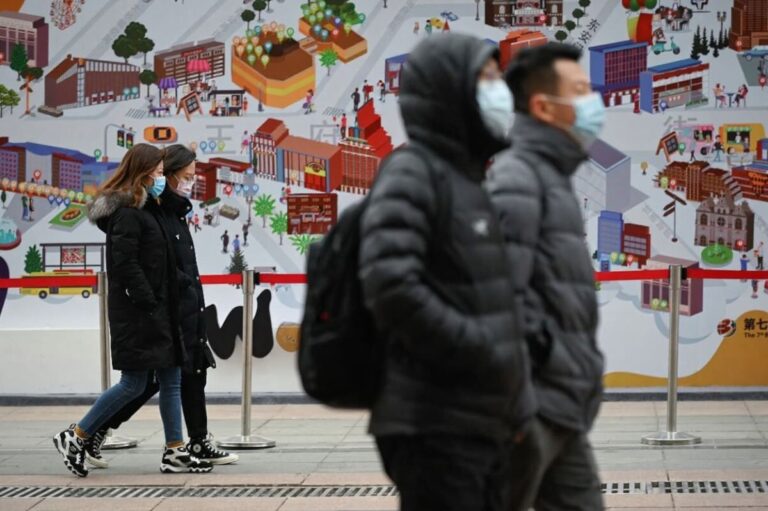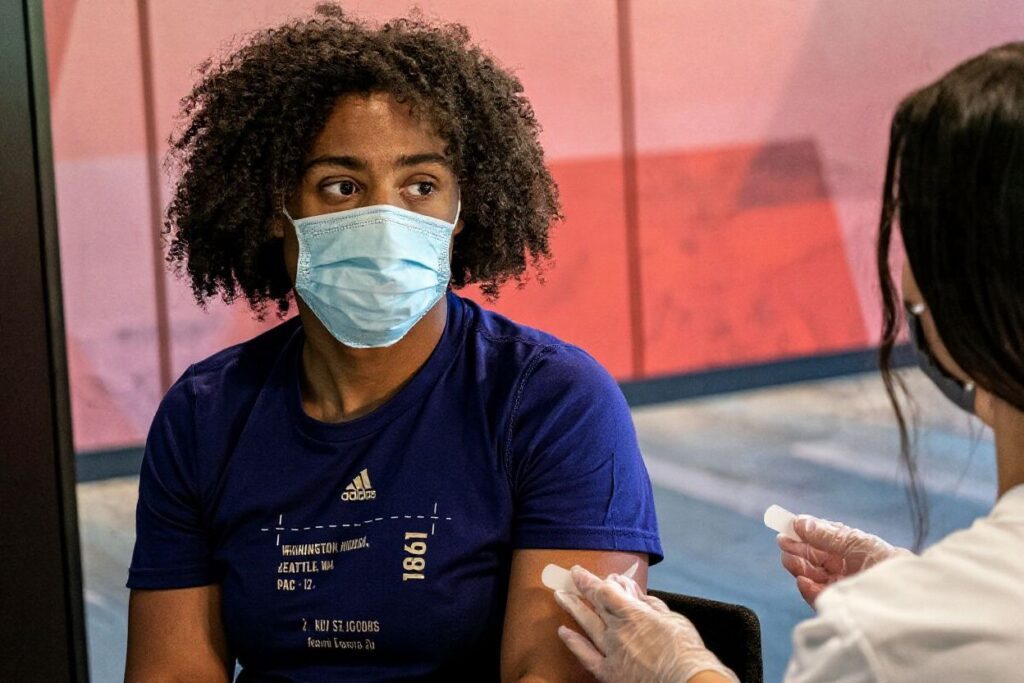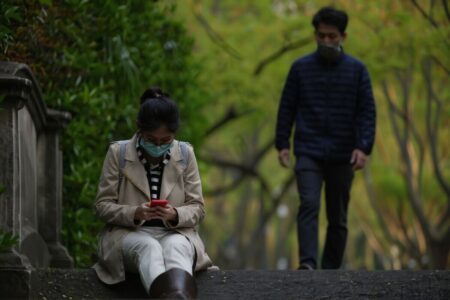
China is expected to keep its COVID-19 border restrictions in place for another year over concerns of the emergence of new variants and a calendar of sensitive events, reported The Wall Street Journal. This is despite the fact that China has already administered over one billion doses of the COVID-19 vaccine in the country by June 19. In addition, Beijing plans to fully vaccinate 40% of the country’s nearly 1.4 billion people by the end of this month, said reports. Here’s what international students should know about the extension of border restrictions:
Sensitive events sparks extension of border restrictions
Quoting sources familiar with the matter, WSJ said the provisional timeline of the second half of 2022 was set during a mid-May meeting of the country’s cabinet, or State Council, attended by officials from China’s Foreign Ministry and National Health Commission, among other government bodies.
The extension of border restrictions is also driven by two events that officials want to be held without a hitch next year: the Winter Olympics in February and a once-a-decade power transition within the ruling Chinese Communist Party toward the end of the year. At the Communist Party Congress, Chinese leader Xi Jinping is widely expected to seek an additional term beyond the customary two-term limit, said WSJ.
China could relax restrictions with high vaccination rates
 China hasn’t approved Western vaccines listed by the World Health Organization.The source was quoted saying that by largely restricting new visas to those who have received a Chinese vaccine and maintaining requirements for an enforced hotel quarantine of at least 14 days upon arrival, Chinese officials have sought to neutralise risks from imported cases. If China eases restrictions, it is likely to first be on travel between the mainland and Hong Kong and Macau — two special administrative regions.
China hasn’t approved Western vaccines listed by the World Health Organization.The source was quoted saying that by largely restricting new visas to those who have received a Chinese vaccine and maintaining requirements for an enforced hotel quarantine of at least 14 days upon arrival, Chinese officials have sought to neutralise risks from imported cases. If China eases restrictions, it is likely to first be on travel between the mainland and Hong Kong and Macau — two special administrative regions.
Hong Kong and Macau have enjoyed several weeks without any local infections. Guangdong, however, has been battling a wave of cases for the past month, making any near-term lifting of restrictions unlikely. The source added that China would then relax requirements on countries with high vaccination rates and that have brought infection numbers under control. Countries that recognise Chinese vaccines will most likely be considered first, but there is no timeline for loosening.
China-approved vaccines
WSJ notes that China hasn’t approved any Western vaccines listed by the World Health Organisation for emergency use, but it was reported in April that Beijing is planning to approve the vaccine developed by Germany’s BioNTech SE by July. As of June 3, 2021, WHO-approved vaccines include AstraZeneca/Oxford vaccine, Johnson and Johnson, Moderna, Pfizer/BionTech, Sinopharm and Sinovac.
Uncertainty for international students
International students continue to be frustrated by the country’s response regarding their return to the country, with a lack of clear timeline and communication from the authorities since their borders closed last year. As a result, students have continued to campaign for their return online. Using the hashtag #TakeUsBackToChina, many students have voiced their frustrations on Twitter over the lack of support and information by Chinese universities and authorities over their return.
There are currently no updates over when international students can enter the country, but China agreed to issue visas for Korean students last year, according to reports. China’s 2018 data from the Ministry of Education showed students from South Korea form the largest nation of the total international student population in China.










